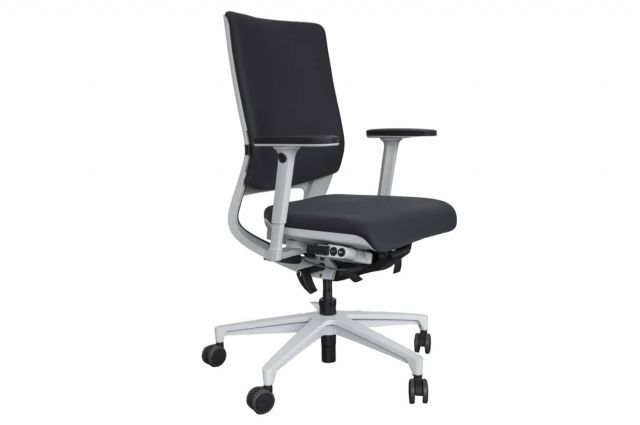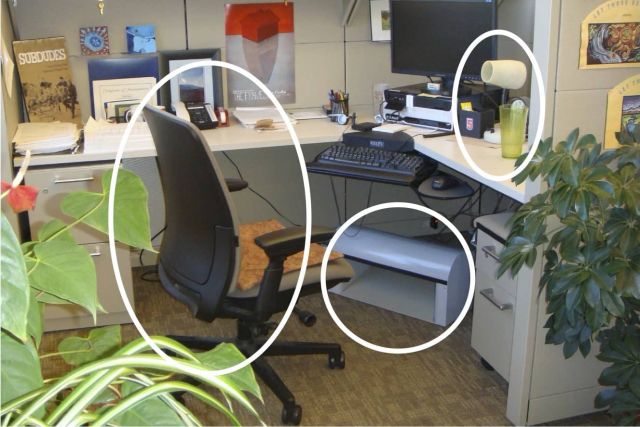
www.buildingsandcities.org/insights/news/pcs-series.html
Mainstreaming Personal Comfort Systems

Can the construction and property industries implement innovative practices and technologies to improve building performance and thermal comfort?
This series of perspectives considers personal comfort systems: decentralized building thermal control, in which occupants control their local environments with personal devices while the amount of central space conditioning (HVAC) is scaled back.
Personal Comfort Systems have been shown to improve thermal satisfaction and reduce energy demand. So why hasn't it been implemented? What are the barriers preventing its adoption? What can be done to overcome this?

In the context of the climate and energy crises, clothing can reduce the energy demand associated with thermal comfort.

Part of a a new series on Personal Comfort Systems: How barriers to this promising approach can be overcome.



Latest Commentaries
Building-Related Research: New Context, New Challenges
Raymond J. Cole (University of British Columbia) reflects on the key challenges raised in the 34 commissioned essays for Buildings & Cities 5th anniversary. Not only are key research issues identified, but the consequences of changing contexts for conducting research and tailoring its influence on society are highlighted as key areas of action.
Lessons from Disaster Recovery: Build Better Before
Mary C. Comerio (University of California, Berkeley) explains why disaster recovery must begin well before a disaster occurs. The goal is to reduce the potential for damage beforehand by making housing delivery (e.g. capabilities and the physical, technical and institutional infrastructures) both more resilient and more capable of building back after disasters.